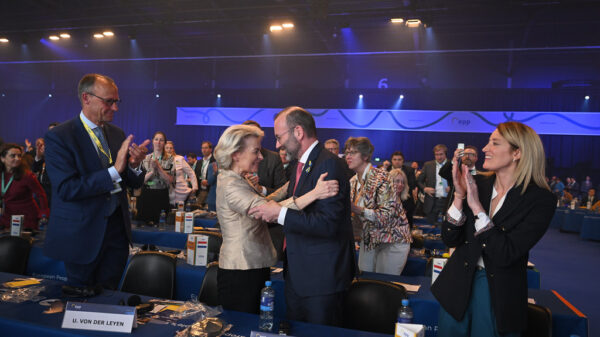Roar writer Ryan Chan answers Roar writer Marino Unger-Verna about Brexit.
After nearly four years since the 2016 Referendum, the United Kingdom terminated its membership in the European Union on the 31st of January. The process of negotiations on Brexit has been marked by delays and difficulties, as comically portrayed in numerous cartoons. Ironically, Brexit was not the only thing that dragged on through the years.
While the process of withdrawal has officially become another footnote in history, the polemics from youthful ‘remainers’ are still very much alive. These are not limited to nasty insinuations that Brexit voters are ‘old and white’ and remain becoming ever more popular as these demographics ‘die-off’, or that Brexiteers irrationally voted on a ‘distant memory of empire and nationalism.’
A recent article on Roar, titled ‘One Hour to Midnight’, rehearses these vitriolic lines of arguments. The author argues that Brexit was a ‘culmination’ of a ‘raging debate’ since British membership to the European Community in 1973. The author only cites a Guardian article for his claims that Brexit was a result of the ‘right-wing politicians’ who capitalised on the irrational and ‘non-existent’ memory of Britain’s ‘greatness’.
Despite that this is a comment by a single author on Roar, it is important to discuss these views as they are representative of anti-Brexit rhetoric based on straw man fallacies. While the concerns of racism in certain Brexit campaigns are legitimate, most notably Farage’s controversial anti-migrant poster or undercover reporting of racism of key Brexit Party officials, the suggestion that Leave ‘relied on racism’ is an unfair generalisation of why people voted for Brexit. It is as convincing of an argument that all 203 Labour constituencies are anti-Semitic because they voted for Jeremy Corbyn’s party.
Fundamentally, the vote to leave was not irrationally based on ‘nationalism’ and ‘memory of empire’ as the author implied in his article.
Such a perspective negates the UK’s history as an advocate for European integration – a member that encouraged European integration. The author also implies that the EU played an almost ‘passive role’, which is a severe revision of history. Not one sentence of his article mentioned the significance of the Maastricht Treaty or the issue of the Single Currency in the 1990s in motivating and defining British Euroscepticism as a political movement that was averse to a politically and economically united European state.
To his credit, the author’s interpretation that Brexit was an act of sovereignty is correct. But his insinuation that this ‘act of sovereignty’ was based on irrationality is incredibly reductive. The concerns that many Britons have, namely the intrusion of the EU in Britain’s democratic institutions, is perfectly legitimate and not exclusive to Britain. In my recent trip to the European Parliament, I observed that MEPs are acknowledging of the deep-seated problems within European Integration, such as the unrepresentative legislative power of the European Commission, although they question whether ‘leaving’ is the correct response.
What the author of the article demonstrated is not only a poor understanding of how British Euroscepticism developed but also the ‘M25 bubble’ interpretation of Brexit.
Aversion to European Integration is not a ‘right-wing phenomenon’ as he suggests, but a cross-party issue that is shared between Labour and Conservative voters, where both parties campaigned on the promise of delivering Brexit in the 2017 general election.
Despite that papers such as The Independent or The Guardian have repeatedly suggested that Brexit has no mandate because of a so-called ‘youthquake’ and the vanishing of ‘old people’, it is clear that what the 2019 general election displayed was that the mandate of Brexit is higher than expected. The conservatives gained their highest majority since the re-election of Thatcher in 1987 and Labour lost the north principally because of their Brexit stance.
These polemics, especially those rehearsed by the author, would rather negate the shortcomings of the EU and instead disparage those who have voted for Brexit on baseless accusations of irrationality. It is then clear that the only thing that divides our country, even after the confirmation of withdrawal, are those who resort to petty and narrow-minded slander and the revision of history, not Brexit itself.


















